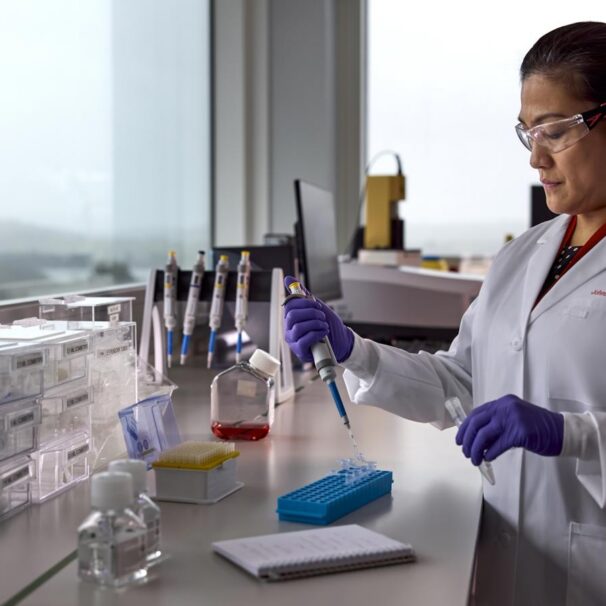HealthProviders DB is a comprehensive database of healthcare providers, including a complete directory of all immunology and pathology specialists and technologists.
Pathology Specialists/Technologist Healthcare Taxonomy Code 246QI0000X
As of today, the following are the total number of Immunology Pathology Specialists & Technologists nationally, in your State, and near your location.
Select a State below to view the list by State. Additionally, you can narrow the list by city, among other options, from the Filter Panel, which you can open by clicking the vertical ellipses ⋮ in the upper right corner of the app.
Alaska – Alabama – Armed Forces Pacific – Arkansas – American Samoa – Arizona – California – Colorado – Connecticut – District of Columbia – Delaware – Florida – Federated States of Micronesia – Georgia – Guam – Hawaii – Iowa – Idaho – Illinois – Indiana – Kansas – Kentucky – Louisiana – Massachusetts – Maryland – Maine – Marshall Islands – Michigan – Minnesota – Missouri – Northern Mariana Islands – Mississippi – Montana – North Carolina – North Dakota – Nebraska – New Hampshire – New Jersey – New Mexico – Nevada – New York – Ohio – Oklahoma – Oregon – Pennsylvania – Puerto Rico – Palau – Rhode Island – South Carolina – South Dakota – Tennessee – Texas – Utah – Virginia – Virgin Islands – Vermont – Washington – Wisconsin – West Virginia – Wyoming
Medicare
The following are the total number of Immunology Pathology Specialists & Technologists who accept Medicare in your State, the number who have opted out of Medicare, and the total number excluded from participation in Medicare nationwide.
The diagram below shows all the Immunology Pathology Specialists & Technologists across the country, represented by blue bubbles. The larger the bubble, the greater the concentration of providers in that area. Red bubbles represent Medicare-excluded providers, with the larger bubbles indicating a higher percentage of excluded providers in that region. You can change the bubble size to be based on exclusions from the Size menu.
What do Immunology Pathology Specialists & Technologists do?
Immunology specialists and technologists perform laboratory tests on patient samples to diagnose and monitor immune system disorders, such as allergies, autoimmune diseases, and immunodeficiencies.
They utilize advanced techniques such as flow cytometry and immunoassays, operate sophisticated laboratory equipment, record test data, and ensure the accuracy of results to support patient care.
These professionals play a crucial role in understanding immune system malfunctions and contributing to the diagnosis, management, and treatment of diseases.
What they do
Perform complex tests: They analyze blood, tissues, and other bodily fluids to detect abnormalities in the immune system.
Utilize advanced technology: Immunology technologists use techniques such as flow cytometry, immunoassays, and automated equipment to analyze samples.
Identify immune system malfunctions: Their expertise helps pinpoint issues like overactive immune responses (autoimmune diseases, allergies) or underactive responses (immunodeficiencies).
Ensure test accuracy: They conduct quality control, calibrate instruments, and validate test procedures to guarantee the reliability of results.
Interpret and report findings: Technologists record test data, analyze results, and communicate their findings to physicians for use in patient care.
Assist in disease diagnosis: By providing accurate diagnostic information, they help doctors identify and manage immune-mediated diseases.
Environment
Immunology pathology specialists and technologists work in various settings, including Hospitals, Diagnostic and research laboratories, Public health facilities, and Biotechnology and pharmaceutical companies.

